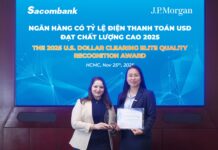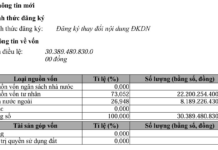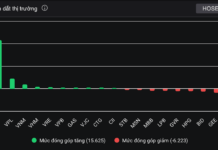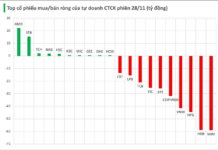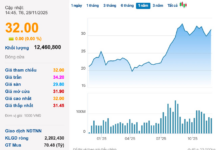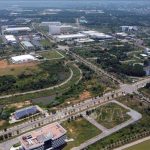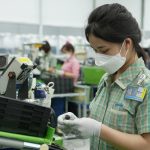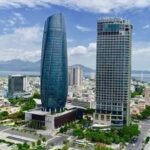According to the report on the draft decree on the establishment, management, and utilization of the Investment Support Fund, the Ministry of Planning and Investment has observed that, in the past, several large conglomerates have conducted investment surveys and studies in Vietnam but ultimately shifted their investments to other countries.
Notable examples include LG Chemical, which proposed a battery manufacturing project and requested Vietnam to support 30% of the production costs (in cash), only to later move to Indonesia. Intel suggested a $3.3 billion chip manufacturing project and asked for a 15% cash incentive from Vietnam, but they eventually chose Poland. Austrian semiconductor company AT&S considered investing after conducting a survey, but Vietnam could not meet their expectations regarding cost support and the availability of highly skilled labor, so they opted for Malaysia instead.
Additionally, several large-scale, high-tech projects have stalled as they await new policies from Vietnam. For instance, LG is temporarily halting its plans for a new $5 billion electronics manufacturing investment, and SMC (Japan) is considering investing $500 million to $1 billion in Dong Nai province.
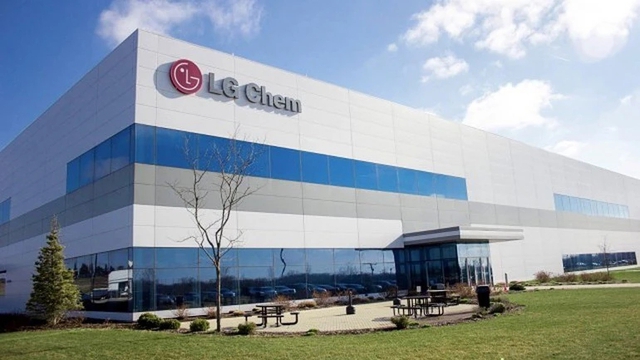
LG Chemical proposed a battery manufacturing project, requesting Vietnam’s support for 30% of production costs, before moving to Indonesia.
The Ministry of Planning and Investment points out that Vietnam’s investment incentives have not kept up with the new context. Specifically, the incentives lack diversity, relying solely on income-based preferences (tax exemptions and reductions) and land rental incentives, without considering cost-based incentives.
Another weakness is that the policies have not adapted to new updates and international practices, given the dynamic nature of the field. Moreover, budget laws do not specify budget allocations for investment support forms as stipulated in the Law on Investment.
Therefore, according to the ministry’s latest draft, the Investment Support Fund will have revenue sources, including allocations from the state budget derived from corporate income tax revenue supplements per global anti-base erosion regulations and other state budget sources. It will also include contributions, donations, and sponsorships from organizations and individuals, both domestic and foreign; interest from deposit accounts (if any); annual fund surpluses; and other sources.
This fund will support high-tech businesses, companies with projects for producing high-tech products, businesses applying high-tech, and those investing in research and development centers. The supported costs include training and human resource development expenses, research and development costs, fixed asset investment expenses, high-tech product manufacturing costs, and infrastructure system investment costs.
Special offers and incentives for investing in the high-tech zone
A wide range of preferential policies and investment support in high-tech zones are stipulated in Decree No. 10/2024/NĐ-CP by the Government.







